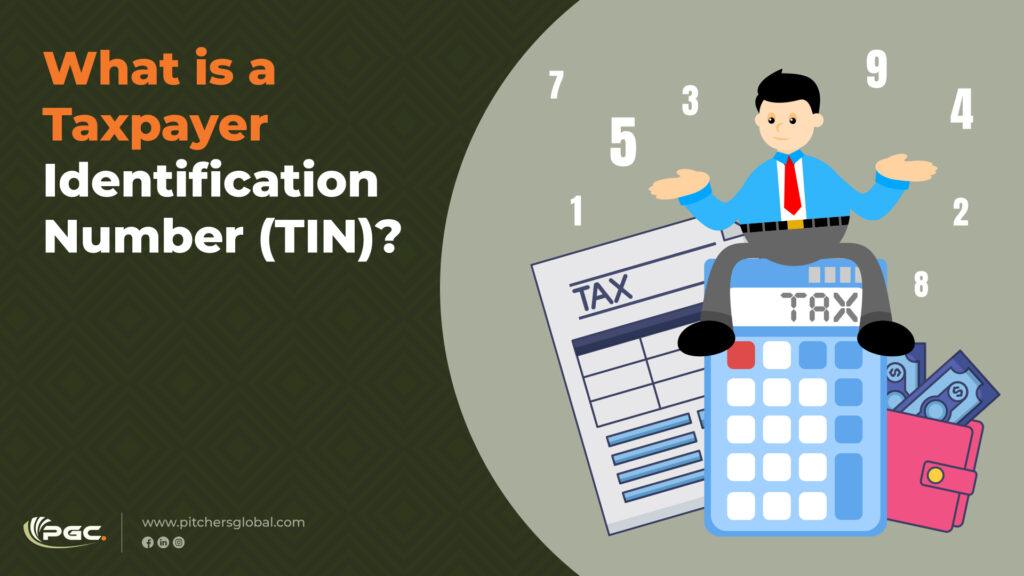Meet Rohit Sharma, a 32-year-old IT consultant and founder of a fast-growing tech startup in Mumbai, is no stranger to the complexities of managing a business.
As his startup expands, Rohit’s focus on ensuring tax compliance has grown, especially when it comes to understanding tax registrations like the Taxpayer Identification Number (TIN). While he’s tech-savvy and comfortable with digital tools, Rohit faces challenges in navigating the world of tax identification numbers, particularly in differentiating TIN from PAN and GSTIN.
Like many entrepreneurs, Rohit wants to ensure his business is compliant with Indian tax laws, avoid any penalties, and simplify the process of applying for and tracking his TIN. However, the lack of clear guidelines and the confusion over how TIN fits into his business’s tax obligations is frustrating. He knows that improper registration can lead to unnecessary complications down the road.
This guide is tailored for entrepreneurs like Rohit, breaking down what a TIN is, how it differs from other tax numbers, and why it might or might not be relevant to his tech startup. Let’s explore how understanding TIN can help Rohit stay compliant and focus on growing his business without worrying about tax hurdles.
What is TIN?
The Taxpayer Identification Number (TIN) is a unique 11-digit number assigned to businesses and individuals who are registered under Value Added Tax (VAT) or Central Sales Tax (CST) in India. It helps tax authorities identify taxpayers and track their financial activities related to indirect taxes. For businesses dealing in goods, especially those involved in interstate transactions, TIN is essential.
While TIN primarily applies to VAT-related transactions, with the introduction of the Goods and Services Tax (GST) in 2017, GSTIN has replaced TIN in most cases. However, TIN is still relevant for certain compliance requirements, especially for businesses registered before GST.
Why Does Rohit Sharma Need a Taxpayer Identification Number?
As a tech startup founder like Rohit, you may wonder if you need TIN. The answer depends on your business operations:
- If your startup deals with physical goods and sells or purchases products across states, you would need to register for TIN.
- If you provide services, then TIN may not apply, and you would focus more on the GSTIN (Goods and Services Tax Identification Number).
Since Rohit’s business provides software solutions, if there’s no sale of goods involved, TIN might not be necessary. However, understanding TIN is still important for cases where your business might expand into product-based services or if you have legacy VAT-related transactions.
TIN vs. PAN vs. GSTIN: What’s the Difference?

Entrepreneurs often face confusion between TIN, PAN, and GSTIN. Let’s break down the differences:
- TIN (Taxpayer Identification Number): Primarily used for businesses involved in VAT-related transactions before GST. Now, it’s largely replaced by GSTIN but still applicable in certain cases.
- PAN (Permanent Account Number): A 10-character alphanumeric code used for personal and business income tax filings. PAN is mandatory for all taxpayers, including individuals and businesses.
- GSTIN (Goods and Services Tax Identification Number): A 15-digit number that replaced TIN for businesses registered under GST. Every business providing goods or services exceeding a certain turnover threshold must have a GSTIN.
How to Apply for a Taxpayer Identification Number?

While GSTIN has largely taken over, if your business requires a TIN, here are the steps to apply:
- Visit your State Government’s VAT department website or visit the local VAT office.
- Fill out the application form for TIN registration, providing all necessary business details such as PAN, address proof, and business type.
- Submit required documents, including PAN, proof of identity, business registration certificates, and more.
- Wait for verification by tax authorities, after which your TIN will be issued.
Rohit, being tech-savvy, can handle most of this process online, which simplifies things considerably.
Tracking Your TIN Application

For entrepreneurs like Rohit, keeping track of the status of tax applications is essential to avoid delays and penalties. Most states offer online tracking tools where you can check the status of your TIN application using a reference number provided at the time of submission.
Conclusion
For a busy entrepreneur like Rohit Sharma, understanding tax registration processes is critical to ensuring smooth business operations and avoiding compliance issues. While TIN may not directly apply to service-based businesses like his tech startup, it’s essential to know the differences between TIN, PAN, and GSTIN. Staying updated and compliant with the appropriate tax identification numbers will ensure Rohit’s startup remains in good standing with the tax authorities, paving the way for sustainable growth.
If you’re an entrepreneur seeking tax identification and registration guidance, consider consulting Pitchers Global as your tax professional to ensure all your bases are covered.
